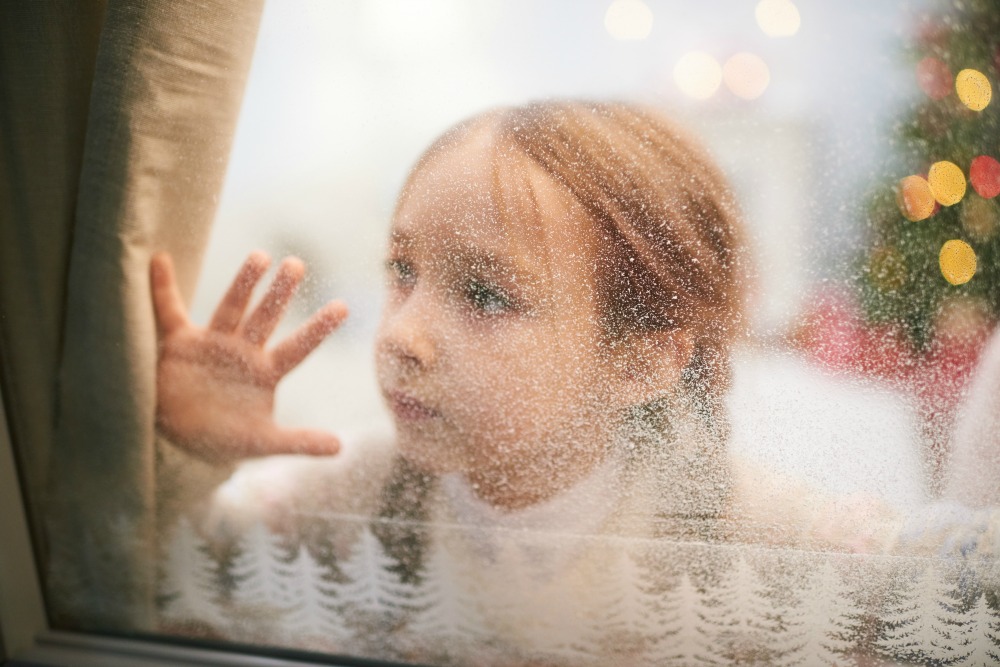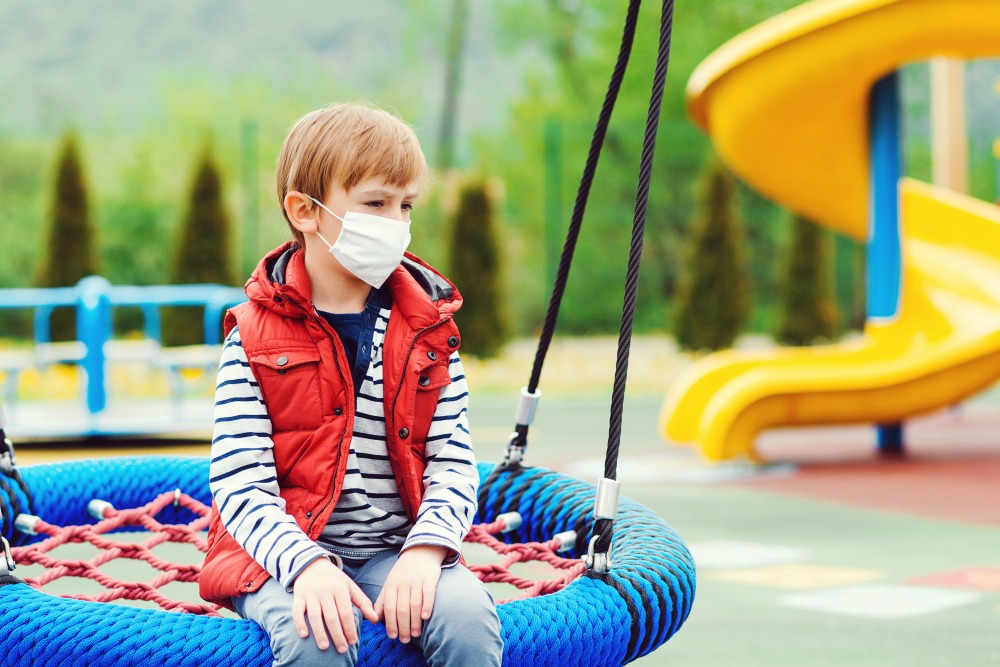When news of the coronavirus pandemic first hit, I think a lot of us were in shock. It might have even seemed fun at first.
Growing up in Michigan, I remember when there were threats of a snow storm. I couldn't wait to wake up in the morning and sit with my parents listening to the AM radio station for the announcement that our school would be closed. It was the best feeling! To this day, it puts me in such a good mood when the weather is super gloomy because it stirs up positive memories for me. It's a trigger.

At the onset of this pandemic, maybe your kids were stoked about the idea that they would be:
- Spending more time with mom and dad
- Sleeping in more
- Have classing on digital devices
It's nice sometimes to have a change; to have a break. But I don't think any of us anticipated it dragging on for anywhere near as long as it has been.
No one imagined that there would be so much lasting uncertainty and the impact it would have on us.
How disruptive mentally, physically, and financially all of this has been.
Look, we know that kids need to:
- Be socialized
- Compete
- Make friends
- Network
- Learn how to get along
- Be in school
- Get an education
- Have structure
So, how can you identify if in fact your child is struggling during a pandemic (or whenever, really)?
Common sense
Most of us know our children well enough to know when they're not behaving the way they normally do. But I also think we often assume that kids are super resilient and that they're gonna get through it and get over it. And that might be true, but at what cost in the long run?
It's really important that we not just dismiss a child’s behavior as a result of boredom or lack of structure.

Some signs that your child might be suffering psychologically include:
- Gaining weight
- Skipping meals
- Refusing to come out of their room
- Prolonged bouts of irritability or sadness
- Withdrawing from the family
- Losing interest in things that they once loved
- Having trouble falling asleep at night or staying asleep
- Behavioral changes
- Emotional changes
- Reverting to earlier developmental milestones
Child psychologist, Mary Alvord, who studies trauma and resilience in children, reminds parents that anxiety and stress in children often can manifest itself in physical ways, such as:
- Stomach aches
- Headaches
- Loss of appetite
- Diarrhea
- Constipation
- Rashes
- Immune responses
If you're noticing these types of changes day to day, the first thing you want to do is consult with a physician. And if you're really worried about their mental state, I don't think there's anything better you can do for your child than to have them meet with a psychologist; a qualified therapist.
The earlier you do this, the more advantages you're going to give your child.
Now, for so much more on helping your kids cope with uncertainty, change and disappointment, especially in pandemic times (but no matter what the season), check out The Chalene Show episode below:
And don’t forget to subscribe to TCS, where I focus on weekly episodes that are sure to get your whole life right — from family to fitness to health to personal development and everything in between!


